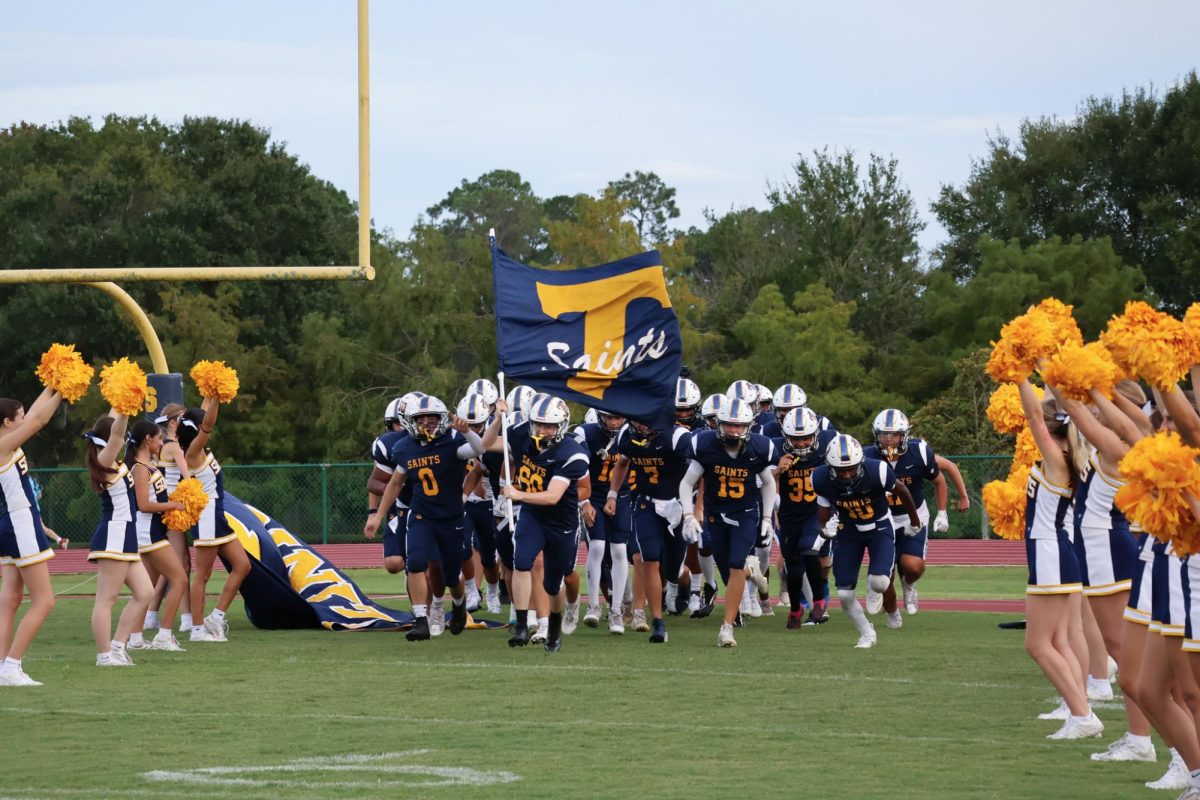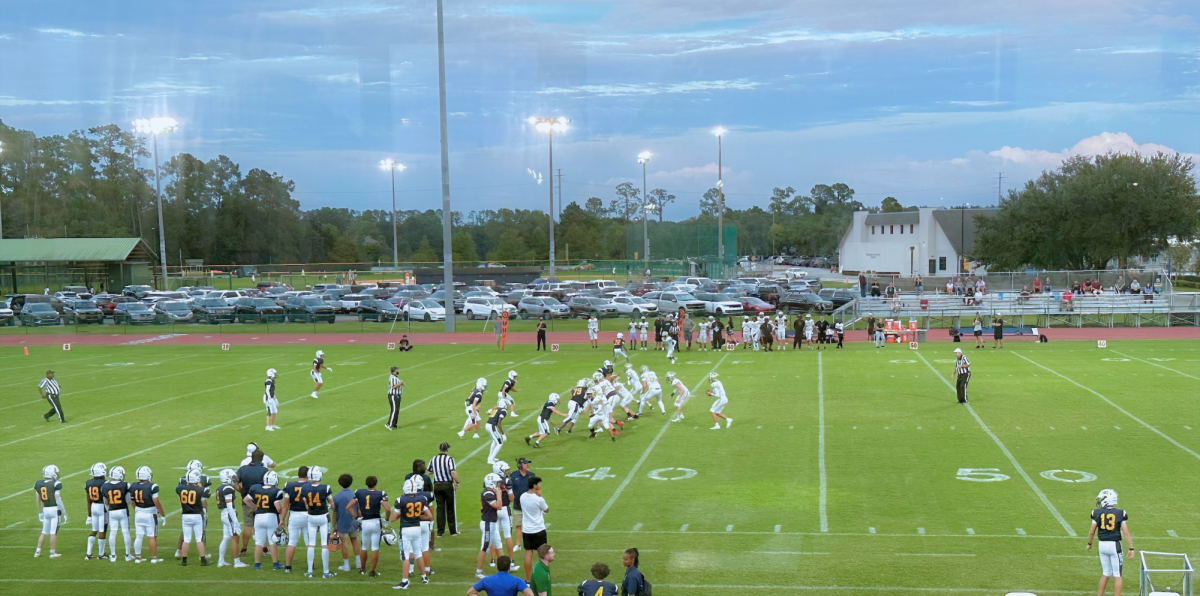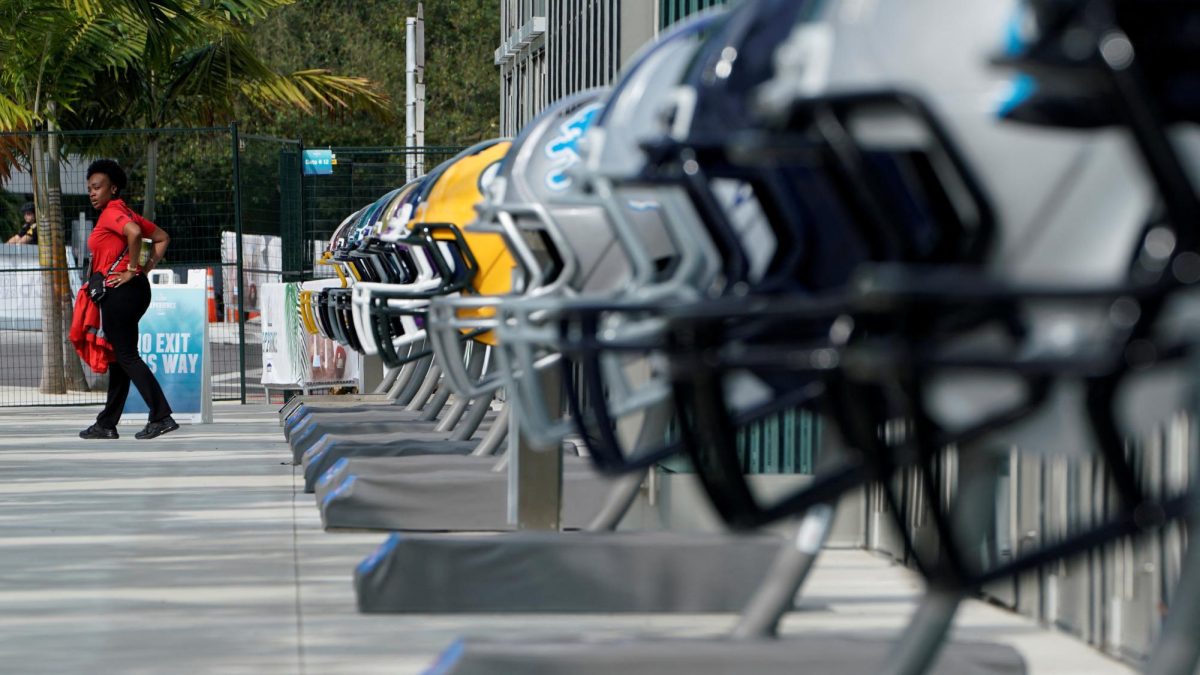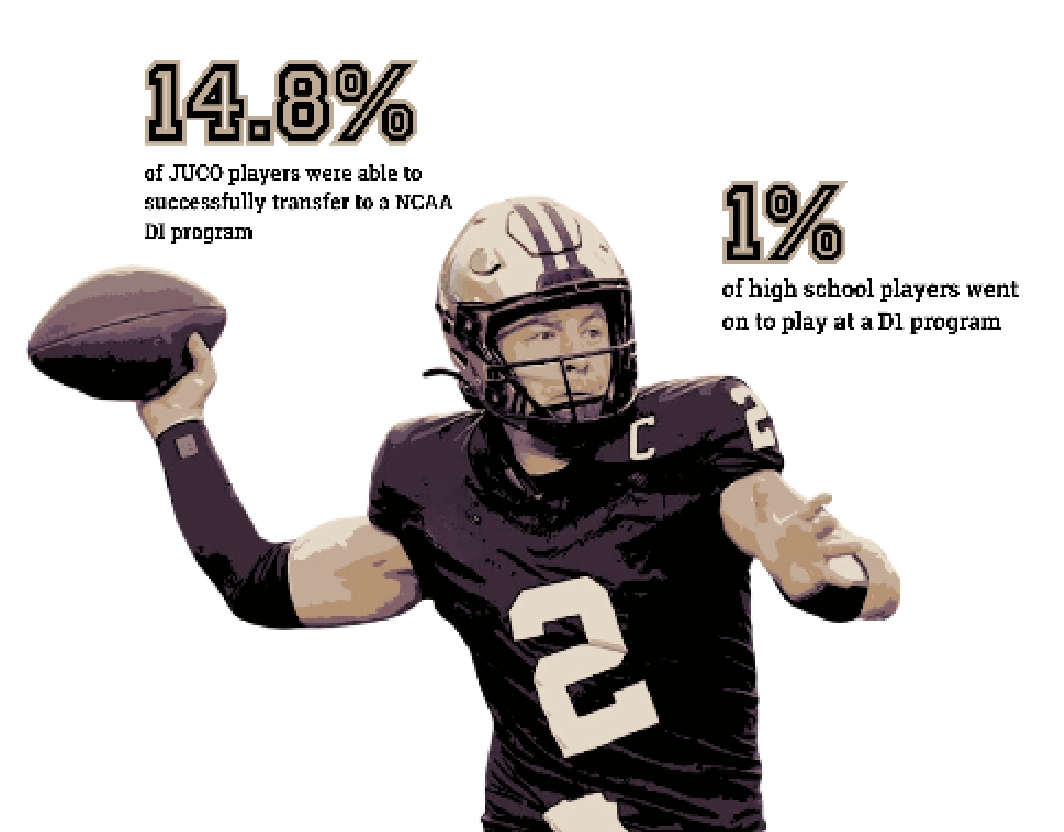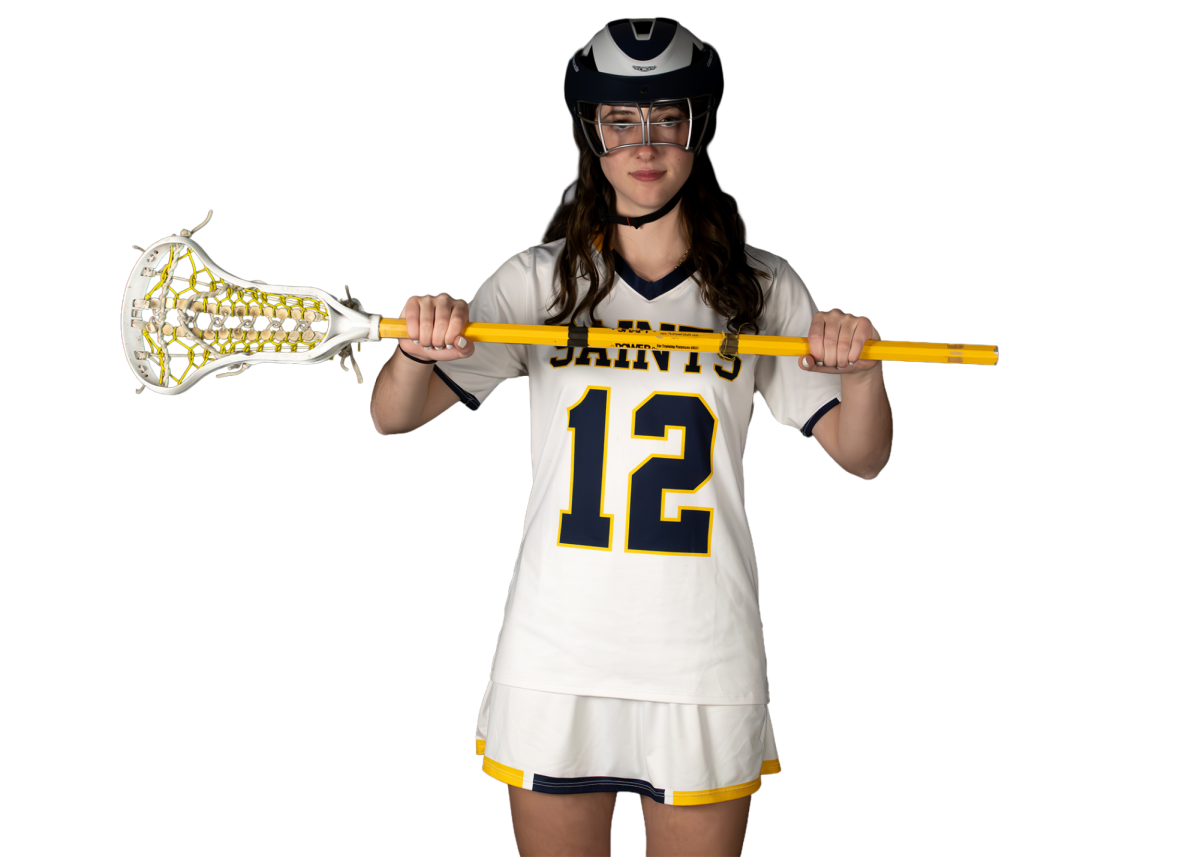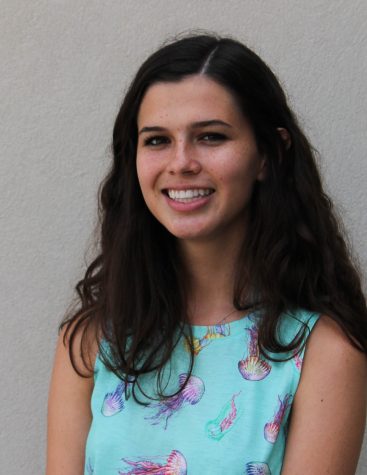What if I told you, you could win a billion dollars? You could take a trip to the moon or maybe purchase the LA Lakers. All it takes is a perfect March Madness Bracket.
March Madness is the name of the NCAA Men’s National Basketball Tournament held during the month of, you guessed it, March. It got its name for the wild, close and exhilarating finishes in many of the games.
Warren Buffett, the world’s 3rd wealthiest man worth an estimated $53 billion, is offering $1 billion to anyone who fills out a perfect March Madness bracket. With the help of Dan Gilbert, owner of Quicken Loans and the Cleveland Cavaliers, they presented the Quicken Loans Billion Dollar Bracket challenge.
“Millions of people play brackets every March, so why not take a shot at becoming $1 billion richer for doing so,” Buffett explained in a press release.
So the next question I’m sure you’re asking is, “How can I join?” The answer is simple; fill out your bracket and submit it any time after the official bracket is released on March 16th and before the start of the madness, March 18th.
The 68-team tournament is divided into 4 different regions. Teams are seeded 1 through 16, and the schedule is based on their rank. So it is your job to accurately pick the winners of all 63 games.
When it comes to NCAA Basketball, expect the unexpected. When you are filling out your March Madness bracket, it may not be the best idea to simply pick all of the favorites. In fact, only once—back in 2008—have all number 1 seeds made it all the way to the “Final Four.” It’s definitely not uncommon for the best teams to lose, so look to knock off one or two of the weakest 1 seeds before the “Final Four.”
Another key to filling out your bracket is to find the “bracket busters.” Another reason March Madness has so much appeal is because of the underdogs’ success. The proclaimed “Cinderella stories” have become a major facet of the annual tourney. The teams that are widely considered Cinderellas are the ones, generally seeded #10 or worse, that reach it to the “Sweet Sixteen” or further. Almost every year there is some new, unexpected team being referred to as a “Cinderella.” Some of the most memorable underdogs in recent years were Florida Gulf Coast University (FGCU), Virginia Commonwealth University (VCU) and George Mason University.
Last year’s Cinderella, FGCU, was a 15 seed that made it all the way to the “Sweet Sixteen” before finally losing to the Florida Gators. VCU made a historic run in 2011 fighting all the way to the “Final 4” as an 11 seed, but ultimately losing to the Butler Bulldogs. George Mason made it to the “Final 4” as well before losing to the Florida Gators. Based on their track record, it’s safe to say that UF can be considered the evil step-mother of the tournament.
To find a potential Cinderella for this year, take a look at what all of these teams had in common—very solid point guard play. Having good point guard play is important because this player controls the flow of the game and is usually the leader on the court. Most notably, Brett Comer (FGCU), who played at Winter Park High School, and Joey Rodriguez (VCU), who played at Lake Howell High School, played well individually and assisted their teammates.
Another strength the teams had in common was that all three could shoot the 3-point shot consistently. FGCU averaged a 3PT shooting percentage of 35, VCU averaged 37%, and George Mason averaged 35%.
So looking at the past blue-print of Cinderella teams, it’s best to look for a squad that has solid point-guard play that can control the flow of the game paired with other teammates who can really hit the 3.
Now before you get too excited and dream of how sweet it would be to win it all, keep in mind that the chances of actually getting a perfect bracket is 1 in 9.2 quintillion, according to Business Insider.
Jack Curtis definitely understands how hard it is to fill out a perfect bracket. Curtis has filled out a bracket every year with his dad for the past 11 years. However, he has never kept his perfect bracket dreams intact through even the first day of competition in any of those years.
“I used to spend hours filling out my bracket, but now I just flip a coin,” Curtis said. “It’s just too unpredictable and frustrating to take it any more seriously; however, I feel like this is my year.”





